Petroleum jelly is a by-product of the oil refining process. It’s used in a variety of products, from lip balms to moisturizers, because it’s dirt cheap and has a long shelf life.
There are a number of natural alternatives to petroleum jelly that can be just as effective. Each of these substitutes can provide the same protective barrier as petroleum jelly without the health and environmental risks.
Let’s take a deep dive:
Why is petroleum jelly bad?
Petroleum jelly is often used as a moisturizer, but did you know that it can actually be quite harmful to your skin? Petroleum jelly can block pores, which can lead to acne. It can also irritate the skin and cause rashes. If you have sensitive skin, you may want to avoid using petroleum jelly altogether.
The compound can be harmful to your health if you’re exposed to too much of it. The purity of petroleum jelly depends on how it’s manufactured. Less refined petrolatum can contain harmful ingredients and toxic chemicals.
Petroleum jelly is also harmful to the environment. It’s a byproduct of the oil refining process, which pollutes the air and water with toxic chemicals. It’s not biodegradable, so it stays in the environment forever once it’s been used.
How does petroleum jelly work on the skin?
Petroleum jelly helps your skin retain moisture by sealing it with a water-proof barrier. If you have damaged skin, this allows your skin to heal without further water loss. Think of it like the rainforest canopy. That large protective umbrella allows all the beautiful flora and fauna underneath to flourish.
Except petroleum jelly actually kills the rainforest.
There must be better ways to protect our skin without causing damage to our health and the environment. And thankfully there are.
Best natural alternatives to petroleum jelly
Cleanalyn Natural Jelly
Check it out at the Ayurvedic Experience
This is an ayurvedic moisturizer that was found to be better than petroleum jelly in comparison studies. Cleanalyn provided more moisture to the skin and improved firmness, luminosity and radiance.
It uses a sesame oil base and contains bees wax that gives you the balm-like sensation. It’s also chockful of natural ayurvedic herbs like beautyberry, indian gooseberry, blue gum leaf oil and Vitamin E.
Waxelene Organic Ointment
Waxelene only uses USDA certified organic ingredients for their botanical ointments. All their products are made using a special aeration process to create a soft silky texture, a bit like whipped cream. Impressively, this jar only contains 4 ingredients – organic soy oil, bees wax, Vitamin E oil and rosemary oil.
Pipette Baby Balm
This extra-rich baby balm is so gentle and safe that you can even use it on a newborn. It makes use of squalane oil, polyglycerides rich in fatty acids, jojoba esters and Vitamin E oil to provide instant hydration and protection. Squalene is part of our natural sebum composition and squalane oil is almost identical to it.
Burt’s Bees Baby Healing Ointment
this multi-purpose ointment makes use of shea butter, coconut oil and beeswax to form a barrier against dryness and lock in moisture. It’s also enriched with soothing aloe vera and Vitamin E.
ProSeed Pure Lanolin
This jar only contains 100% pure fresh lanolin from Merino sheep. If you’re look for the most natural alternative to petroleum jelly, this is it. The products are made in small batches for freshness and contains nothing else but lanolin.
Jao Goe Oil
For Korean skincare fans, Jao Goe oil is a body oil that is made in the USA with rosehip, hemp, meadowfoam, rice bran and jojoba oil. It’s enriched with chamomile, calendula and kukuinut oils and loads of anti-oxidant vitamins and butters to give you a super-rich natural body oil.
With all these amazing Vaseline and Aquaphor alternatives, no one needs to use petroleum jelly again!
Oils that work the same way as petroleum jelly
I’ve talked about the commercial products that you can buy to replace your Vaseline jar. However, if you’re thinking of doing it yourself at home, you can find loads of oils and other products in your pantry or at your local pharmacy. Granted, it’s not going to feel as luxurious as a store-bought product, but it will do the trick and you know for sure there is nothing bad in it.
Beeswax
Beeswax is a natural wax produced by bees that has many uses, including as a moisturizer! It’s also anti-inflammatory and antibacterial, making it great for treating skin conditions like eczema or psoriasis. Plus, beeswax is completely biodegradable so you don’t have to worry about harming the environment when you use it up!
Coconut oil
Coconut oil is a natural, plant-based oil that has been used in certain cultures as a moisturizer for centuries. If you’re worried about the long-chain fatty acid content, MCT oil is a good alternative. It’s basically refined coconut oil.
Buy directly from Bulletproof with my code MADAMEWELL20 for an extra 20% off
Shea butter
Shea butter is a natural fat extracted from the nuts of shea trees. It’s often used as a moisturizer or in cosmetics because it’s rich in vitamins and minerals that are good for your skin. This nutty oil is used as a base for many rich lotions.
Further reading: Is shea butter good for seborrheic dermatitis?
Cocoa butter
Cocoa butter is a type of fat that is derived from cocoa beans. It is used in a variety of cosmetics and skincare products. Cocoa butter has a number of benefits, including its ability to hydrate and nourish the skin. It also has anti-inflammatory properties and can help to reduce the appearance of scars and stretch marks.
Further reading: Is Cocoa Butter good for Seborrheic Dermatitis?
Almond oil
If you’re looking for a natural way to moisturize your skin, almond oil is a good option. Almond oil is rich in vitamins and minerals, and it’s gentle enough to use on all skin types. Plus, it’s affordable and easy to find. To use almond oil as a moisturizer, simply apply it to your skin after cleansing. You can also add a few drops to your bathtub or massage it into your skin before applying lotion.
Jojoba oil
Jojoba oil is a natural, plant-based oil that has been used for centuries to moisturize and protect skin. This oil is derived from the jojoba plant, which is native to North America. Jojoba oil is rich in vitamins and minerals, and it is an excellent source of antioxidants.
Jojoba oil is anti0inflammatory and non-comedogenic, meaning it will not clog pores. This makes it an ideal choice for those with oily or acne-prone skin. Jojoba oil is also hypoallergenic and non-irritating, making it a good choice for those with sensitive skin.
Olive oil
Extra virgin olive oil is not just for salads anymore. This natural oil has many benefits for your skin. It can be used to cleanse, moisturize, and protect your skin.
Olive oil is a natural antioxidant and can help to protect the skin from damage caused by free radicals. It also has anti-inflammatory properties, which can help to reduce redness and swelling. Olive oil can be used to moisturize the skin, and it can also help to reduce the appearance of wrinkles.
Grape seed oil
Grape seed oil is a natural oil that is extracted from the seeds of grapes. It has a wide range of benefits, including skin care, hair care, and nails. Grape seed oil is also a good source of antioxidants, which can help protect the body against free radicals.
Avocado oil
If you’re looking for a little something extra to add to your skincare routine, avocado oil may be the answer. Packed with nutrients like vitamins A, D, and E, as well as fatty acids, avocado oil can help to moisturize and protect your skin. Plus, it’s gentle enough for use on all skin types.
Sunflower oil
Sunflower oil is most commonly used in cooking, but did you know that it also has benefits for your skin? Sunflower oil is non-comedogenic, meaning it won’t clog your pores. It’s also light and easily absorbed into the skin. The linoleic acid in sunflower oil can help to heal acne and other skin conditions. Vitamin E present in sunflower oil can help to protect your skin from damage caused by free radicals.
Rice bran oil
Rice bran oil is an increasingly popular ingredient in skincare products. It is said to be effective in treating various skin conditions, such as eczema and psoriasis. Rice bran oil is also said to be helpful in preventing wrinkles and keeping the skin moist. Some people even claim that rice bran oil has helped to clear their acne.
To wrap up
There are many natural alternatives to petroleum jelly that provide the same or better results. You can find these products at your local health food store or online. Choose the one that best suits your needs and enjoy the benefits of a natural product.
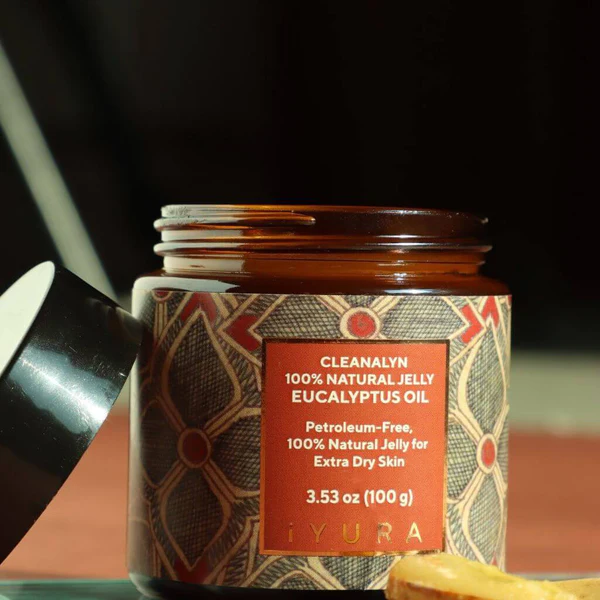
 Check it out on Amazon
Check it out on Amazon Check it out on Amazon
Check it out on Amazon Check it out on Amazon
Check it out on Amazon Check it out on Amazon
Check it out on Amazon Check it out on Amazon
Check it out on Amazon Check it out on Amazon
Check it out on Amazon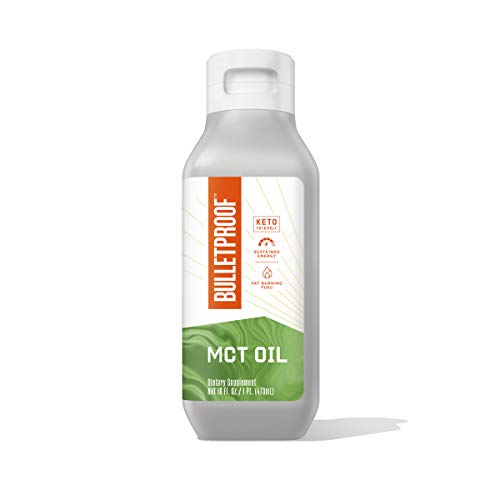 Check it out on Amazon
Check it out on Amazon Check it out on Amazon
Check it out on Amazon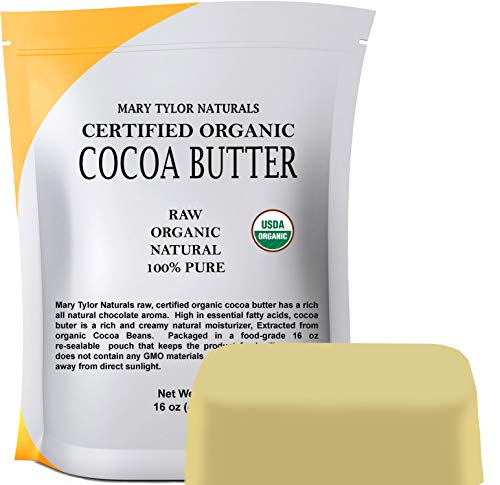 Check it out on Amazon
Check it out on Amazon Check it out on Amazon
Check it out on Amazon Check it out on Amazon
Check it out on Amazon Check it out on Amazon
Check it out on Amazon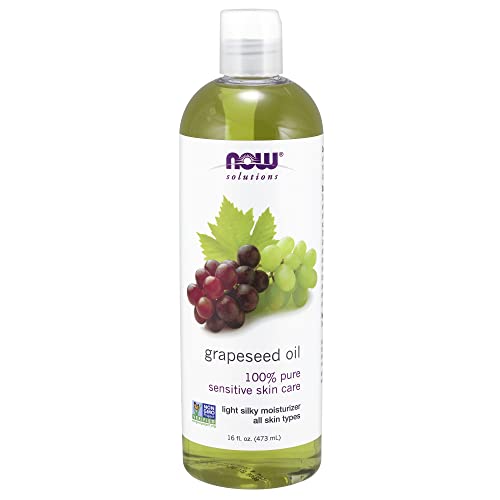 Check it out on Amazon
Check it out on Amazon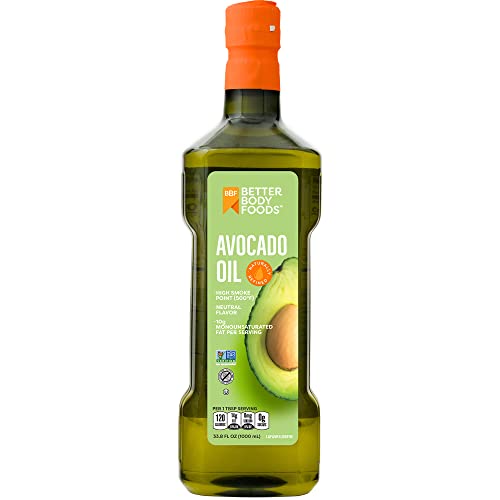 Check it out on Amazon
Check it out on Amazon Check it out on Amazon
Check it out on Amazon Check it out on Amazon
Check it out on Amazon
Pingback: Is Aquaphor good for seborrheic dermatitis?